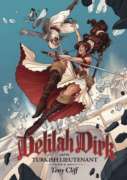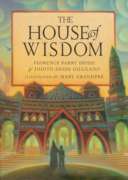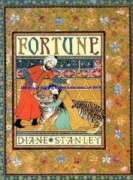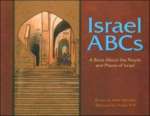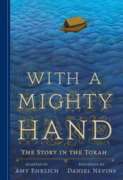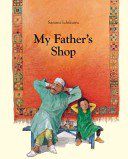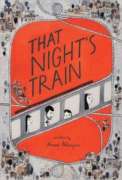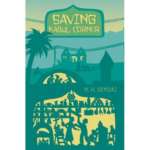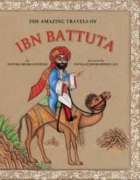
In 1325, when Ibn Battuta was just 21, he bid farewell to his parents in Tangier, Morocco, and embarked on a pilgrimage to Mecca. It was 30 years before he returned home, having seen much of the world. In this book he recalls his amazing journey and the fascinating people, cultures, and places he encountered. He traveled extensively, throughout Islamic lands and beyond — from the Middle East to Africa to Europe to Asia. Ibn Battuta kept a diary of his travels, and even though he lost it many times and had to recall and rewrite what he had seen, he kept a remarkable record of his years away. His meticulous observations, retold here by Fatima Sharafeddine and beautifully illustrated by Intelaq Mohammed Ali, give us a remarkable picture of what it was like to be a traveler nearly 700 years ago.

